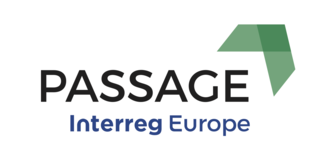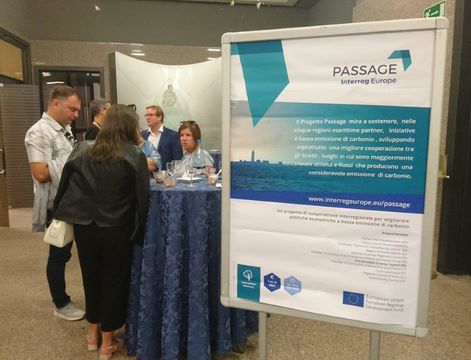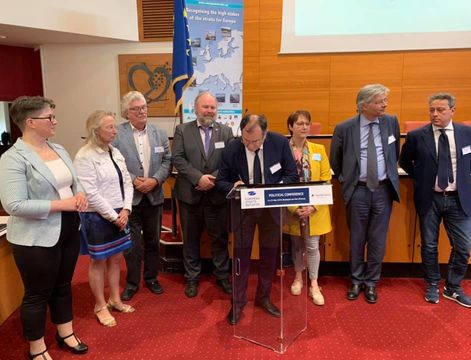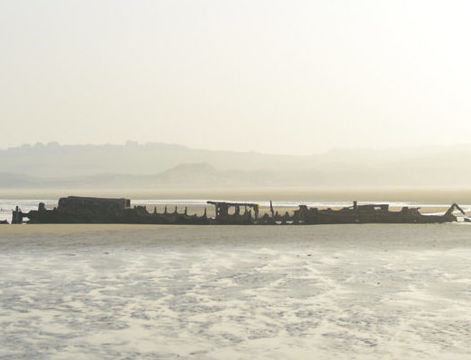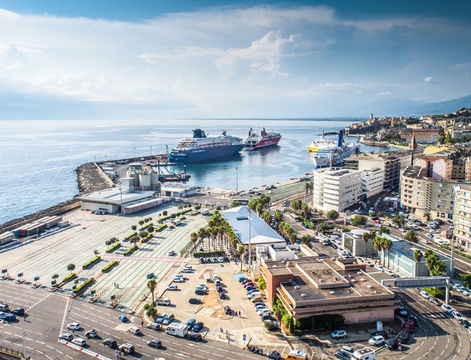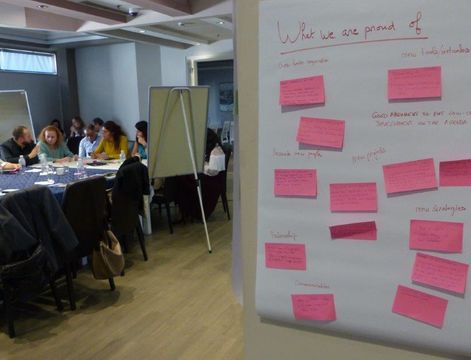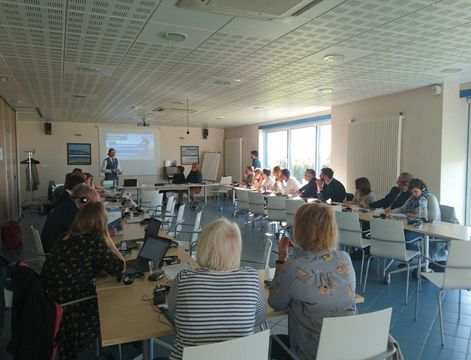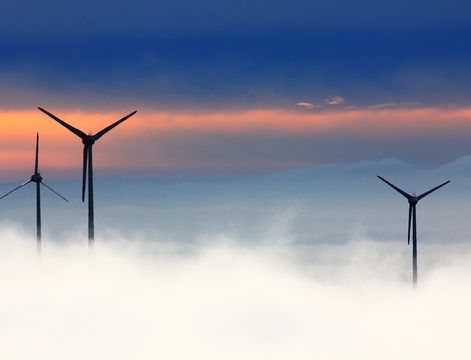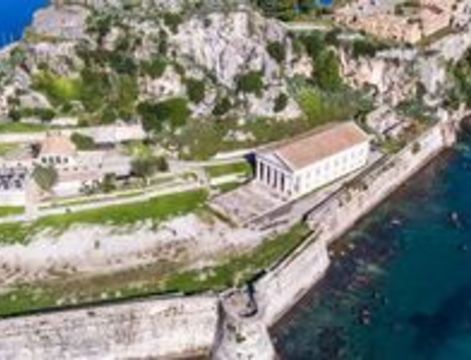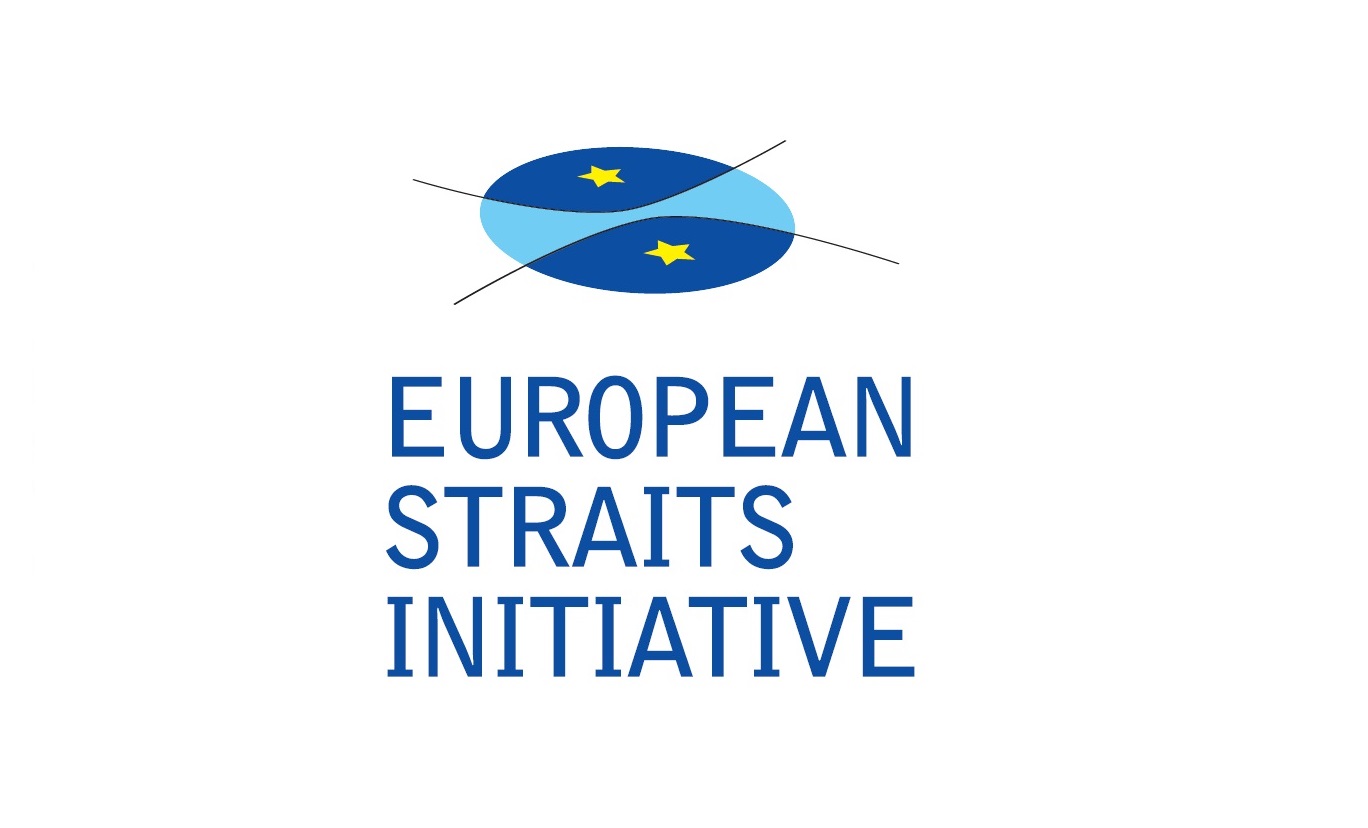The first phase of PASSAGE project is now coming to its end... Partners gathered in Kent from 5 to 8 March 2018 to present their action plans and discuss about future implementation. A rich seminar and a busy programme of work for the coming months!
At the invitation of Kent County Council, all partners of PASSAGE project gathered in Dover (United-Kingdom) from 5 to 8 March 2018 for their last partnership seminar before starting the second phase of the project, dedicated to the implementation of their 6 action plans. A very good opportunity for the project partners to present their action plan - with a vision of the local context, opportunities and constraints - and their programme of work for Phase 2. This seminar also enabled project partners to discuss synergies between all action plans and organise their future work at local, cross-border, national and partnership levels.

The action plans presented are rich and diverse, answering the specificities of each of the territories involved in the project.
The action plan of the Gulf of Finland (Finland/Estonia) has an important focus on low-carbon transport solutions, in view of the many cross-border projects already targeting this issue and of the recent conclusions of FinEst Link feasibility study for a tunnel between the two capital cities Helsinki and Tallinn.
In the straits of Otranto and Corfu (Italy/Greece/Albania), partners are expecting to work on citizen engagement, energy communities, energy efficiency of ports, but also green certificates to encourage a low-carbon approach in several sectors.
For the strait of Fehmarn (Denmark/Germany), the priority is to accompany the development of the fixed link between the two countries and to anticipate the opening of new railways and train stations to encourage low-carbon mobility behaviours.
The action plan of the Corsica Channel (France/Italy) bets on the development of a circular economy - especially in the sectors of tourism, agriculture and ports - to trigger a low-carbon development, in a island-context with limited ressources.
In the Strait of Dover/Pas de Calais (France/UK), partners have identified many levers of actions (lobbying, development of low-carbon ports, alternative fuels for ships, synergies between local strategies, fight against energy scarcity, short and local supply chains...) to engage stakeholders in the acceleration of the low-carbon transition, already impulsed by the Third industrial revolution (rev3) in Hauts-de-France and by the Kent Environment Strategy.

Partners have also discussed a joint strategy to disseminate the results of the "carbon emissions' study" now being finalised by I-Care Consult, which assesses for the first time the carbon emissions generated by the various in-land and on-sea activities in straits areas. The objective of the partnership is to make the results of this study available to all at European level and to reach the interest of European decision-makers.
Finally, partners took the opportunity from their presence in Kent to discover Samphire Hoe, natural reserve built on the embankments from the Channel tunnel construction, and the English terminal of the tunnel, with a presentation from Eurotunnel on low-carbon transport opportunities generated by the fixed link.



View of the English terminal of the Channel tunnel in Folkestone
